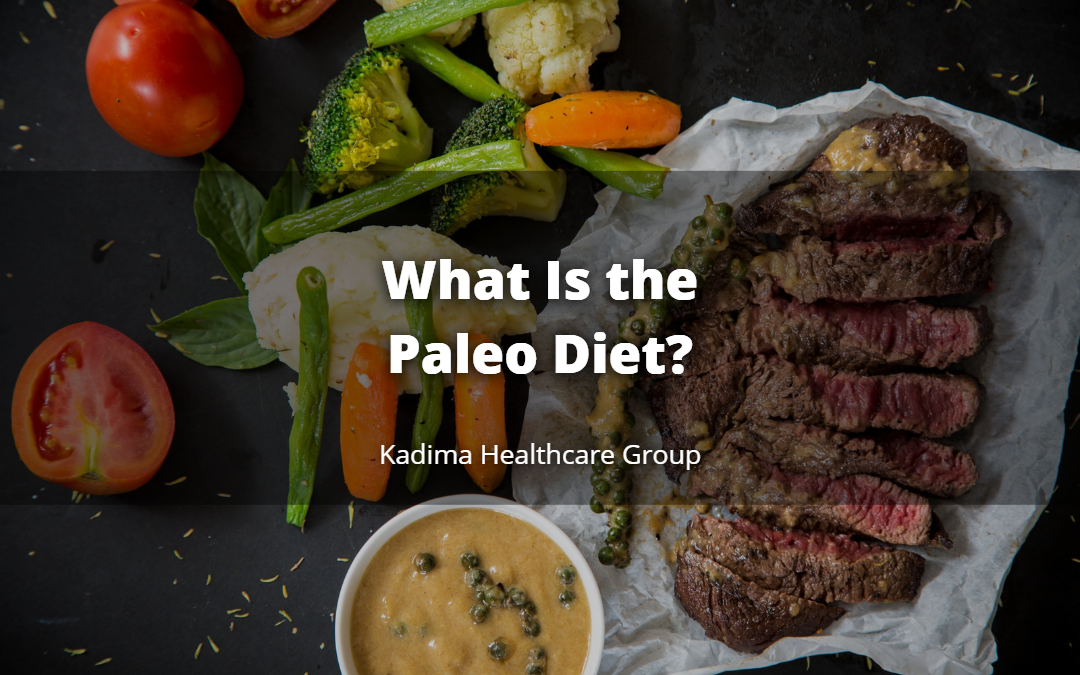The concept of the paleo diet centers around the idea that eating like our ancestors did thousands of years ago promotes good health and aligns with one’s genetics. It’s also referred to as the Stone Age or the caveman diet. For those who follow the diet, their food options are limited to what was available during the prehistoric era, such as fish, meat, vegetables, and eggs. The theory behind the paleo diet is that the rise of chronic diseases can be attributed to the agricultural revolution. It states that adding grains, dairy, and legumes to one’s diet could cause various conditions, such as allergies and obesity.
Is the paleo diet healthy?
Although there are no studies on how the paleo diet can affect one’s health, it’s believed that it can be a healthy way to eat. The main component of the diet is eating meat and fish, which are naturally raised. It also avoids grains, dairy, and refined grains. The high levels of protein and fat found in the paleo diet are far above the recommended levels. This diet can lead to vitamin D and calcium deficiencies, which are vital for bone health. It can also increase one’s risk of heart disease and kidney disease, and it can cause cancer.
Is it true cave people mostly ate meat?
During the Paleolithic era, people lived in tropical habitats and ate a variety of animal and plant food. The term “paleo diet” is inaccurate since people who lived in earlier periods didn’t live to be around the age when chronic diseases started to emerge.
Is limiting carbs and dairy a good thing?
Although whole grains, vegetables, and fruits are excellent sources of nutrients for muscle and brain function, we should limit our intake of refined carbs, which are often filled with sugar and unnecessary ingredients. Vitamin D and calcium supplements may be required if one’s dairy consumption is reduced to a level that’s not replaced with other food sources. Some paleo diet advocates believe that dairy promotes inflammation, but research has refuted this. Low-fat dairy can also help decrease inflammation in the blood and reduce inflammatory markers.
Are there benefits to eating a paleo diet?
The paleo diet is high in fiber, potassium, and antioxidants and low in sugar, sodium, and simple carbohydrates. It also typically has less processed food and artificial colors and flavors. It encourages eating local, organic, and non-GMO food options. A diet rich in vegetables and fruits can help you meet the nutrient requirements of the paleo diet. It can also help you lose weight and improve the lipid profiles in your body.
What are health risks associated with the paleo diet?
Unfortunately, most people find it hard to stick to a diet that’s too restrictive regarding food categories. The paleo diet is not ideal for weight loss because it doesn’t allow people to maintain a consistent weight loss. The paleo diet is full of saturated fats, which can raise one’s risk of heart disease. This is because the protein from animal sources can lead to a buildup of cholesterol in the body. Over time, this could cause the LDL cholesterol to increase.
Getting enough calcium is vital for bone health, reducing the risk of developing osteoporosis. A continued low carbohydrate intake can lead to an overuse of fat as energy resulting in ketosis. If you’re planning on implementing the paleo diet, it’s important to consult a registered dietitian or physician. They can help you determine the best way to implement the diet and ensure you get the most out of it.
What should people know about the paleo diet?
The goal of the paleo diet is to create a healthy eating plan that’s easy to implement. But it’s necessary to improve potential deficiencies and can be done by adding beans, nuts, low-fat dairy, lentils, and whole grains. You should also choose lean protein sources that focus on quality.
The most crucial factor when it comes to maintaining a healthy eating plan is having a balanced plate. Several resources, such as the DASH eating plan and ChooseMyPlate.gov, can help you find this balance. However, if you’re planning on implementing a new diet, it’s important to consult a registered dietitian.

